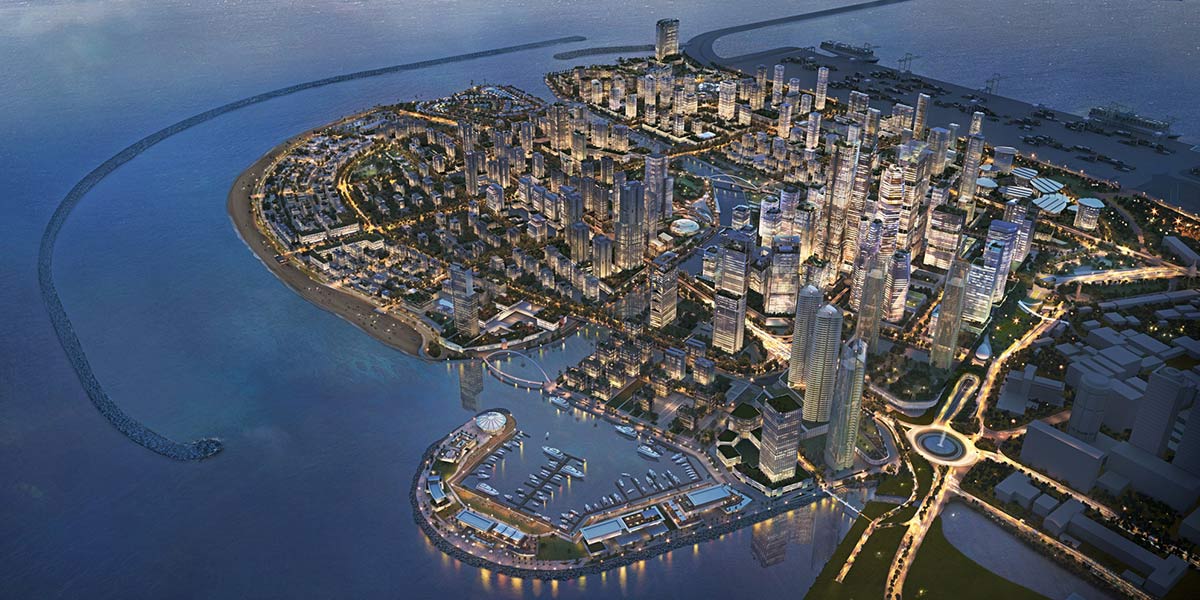
- Home
- Rising Perspectives
- Top Trends in Global Economy: Key Insights and Emerging Patterns
Whether you’re an investor, business leader, or everyday citizen, navigating the complexities of the global economy requires staying informed about the forces shaping our future. Thus, this article delves into key trends, emerging patterns, and their potential impact.
Artificial intelligence (AI) has the potential to significantly transform global productivity and GDP, according to PwC, with research suggesting total economic gains reaching USD $10.7 trillion by 2030. Data also suggests a fascinating twist – by 2030, nearly half (45%) of the total economic profits will come from product enhancements driven by AI, ultimately stimulating consumer demand. This means AI won’t just streamline production processes, but will also revolutionize product development and personalization.
Inflation has emerged as a major concern for many economies in 2024. Rising energy prices, supply chain disruptions caused by the pandemic’s lingering effects, and quantitative easing measures implemented during the crisis have all contributed to higher inflation. Central banks are responding with tighter monetary policy.
Despite economic uncertainties, real estate investment remains a compelling option for many investors. Special Economic Zones (SEZs), such as Port City Colombo, are attracting particular interest, offering tax breaks, streamlined regulations, and world-class infrastructure to attract businesses and foreign investment. This trend highlights the growing importance of strategic location and business-friendly environments in the global investment landscape.
The International Monetary Fund (IMF) forecasts global economic growth to hold steady at around 3.2% in 2024 and 2025. However, significant regional variations exist. Growth in advanced economies is projected to be slower compared to emerging markets, with several widening regional disparities.
Developed economies, already facing headwinds from aging populations and high debt levels, may experience slower growth due to tightening monetary policies aimed at controlling inflation. Emerging markets, on the other hand, are projected to see continued expansion, driven by factors such as increasing domestic demand and urbanization.

According to the IMF, geopolitical tensions could potentially significantly disrupt global economic activity. Trade wars, sanctions, and regional conflicts can disrupt supply chains, raise energy prices, and dampen investor confidence. Here’s how:
Sri Lanka’s economy is undergoing a period of transformation, but things are looking up with the economy expected to grow by 1.9% in 2024 and 2.5% in 2025, according to the ADB. The government is prioritizing attracting foreign investment, promoting exports, and developing key sectors like tourism and information technology.
Projects like Port City Colombo, a mega development, situated within Sri Lanka’s largest multipurpose special economic zone (SEZ), represent the forefront of the Island’s efforts to position itself as a strategic investment destination in Asia. Some emerging economic trends in for Sri Lanka include:

Port City Colombo is a unique development project transforming Sri Lanka’s economic landscape. This purpose-built city features world-class infrastructure, a business-friendly regulatory environment, and a strategic location along key trade routes. For investors, Port City Colombo offers a plethora of opportunities across various sectors, including:
For investors seeking lucrative opportunities in a strategic location with a supportive regulatory framework, Port City Colombo merits closer exploration.
Contact us today to learn more about investment opportunities in Port City Colombo and unlock your gateway to success in Asia’s evolving economic landscape.
Learn more about the benefits of investing in Port City Colombo here.